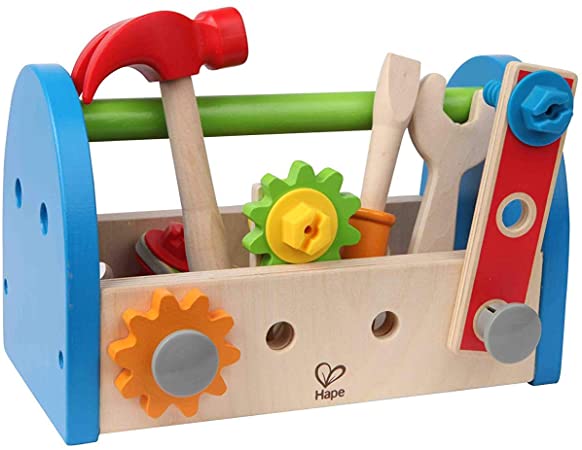The Low-Tech Toolkit
Ever since the industrial revolution we’ve based industries around machines. Humans who knew how to operate machines were prized as ‘skilled labor’. These ‘skills’ however go way beyond the technique of operating machines. There is a lot more to these skills that make machinery into an industry. We’re not just apparatus that enables machines to do the work they’re supposed to. Let’s talk about those low-tech soft skills that make us special.
Here is a list of identifiable skills I’ve found useful that complement my technical skills at work.
- Communication
- Discussion: The ability… to listen as much as to speak comprehensibly to attain a goal as a group
- Collaboration: to contribute simultaneously to the same goal making the best of all individuals, resources and the value they bring
- Compromise: to settle on the most widely accepted idea regardless of personal bias
- Brainstorming: to throw ideas at a wall with no filters
- Presentation: to comprehensibly explain/propose an idea with the objective to convey rather than to inform
- Documentation: to record, elaborate and de-construct a complex technical idea
- Feedback
- Review: to evaluate, moderate and rectify work with the intention of improving the overall quality and value
- Observation: to notice behaviors, trends and detect patterns of human habits in yourself and others
- Escalation: to bring attention to a pattern or incident, from the correct audience, with the correct urgency and the correct perspective.
- Appreciation: to show gratitude and recognition for acommplishments as well as smaller steps towards accomplishments
- Critique: to provide constructive disagreements from your own experience as suggestions or requests for clarification
- Recommendation: to provide constructive action-items to others out of observations and/or personal experience
- Collaboration
- Delegation: to offer up scoped work to another individual keeping in mind their abilties, goals and interests
- Mentorship: to be able to provide technical and non-technical support proactively and on-demand for a peer
- Training: to be able to help a peer ramp up in a technical domain or prepare them to do so themselves
- Resistance: to be able to push back on inappropriate enforcements from an external source with repectful demeanour and accurate technical intent
- Negotiation: to be ale to settle disagreements with a compromise and to explore possibilities of an external improvement of the current state ethically
- Organization
- Time Management: to prioritize, time-box and plan activities for a daily, short-term and long-term cadence
- Work Life Balance: to disconnect from work and time-box all professional activities and interactions
- Self-Monitoring: to recognize, analyze and track personal behaviors for signs of burnout, professional dis-orientation, frustration etc.
- Prioritization: to drop focus of less/un-important things as and when required
- Financial Planning: to keep perspective of personal wealth management, financial goals and security
- Informal Persona: to bring your own personal individuality to work in a socially and professional acceptable manner in addition to your technical accumen
The next time you present yourself as an employee, either as a job applicant or while writing your self-review, evaluate yourself on each of these criteria and call out your wins in all of these categories in addition to your project and or managerial work. If you think you are lacking in any of those listed here, try to formulate the experience you need to make up for it and make a plan to get that exposure or reach out to someone who can help you do so.

